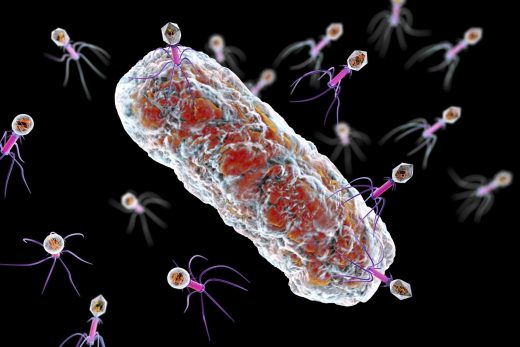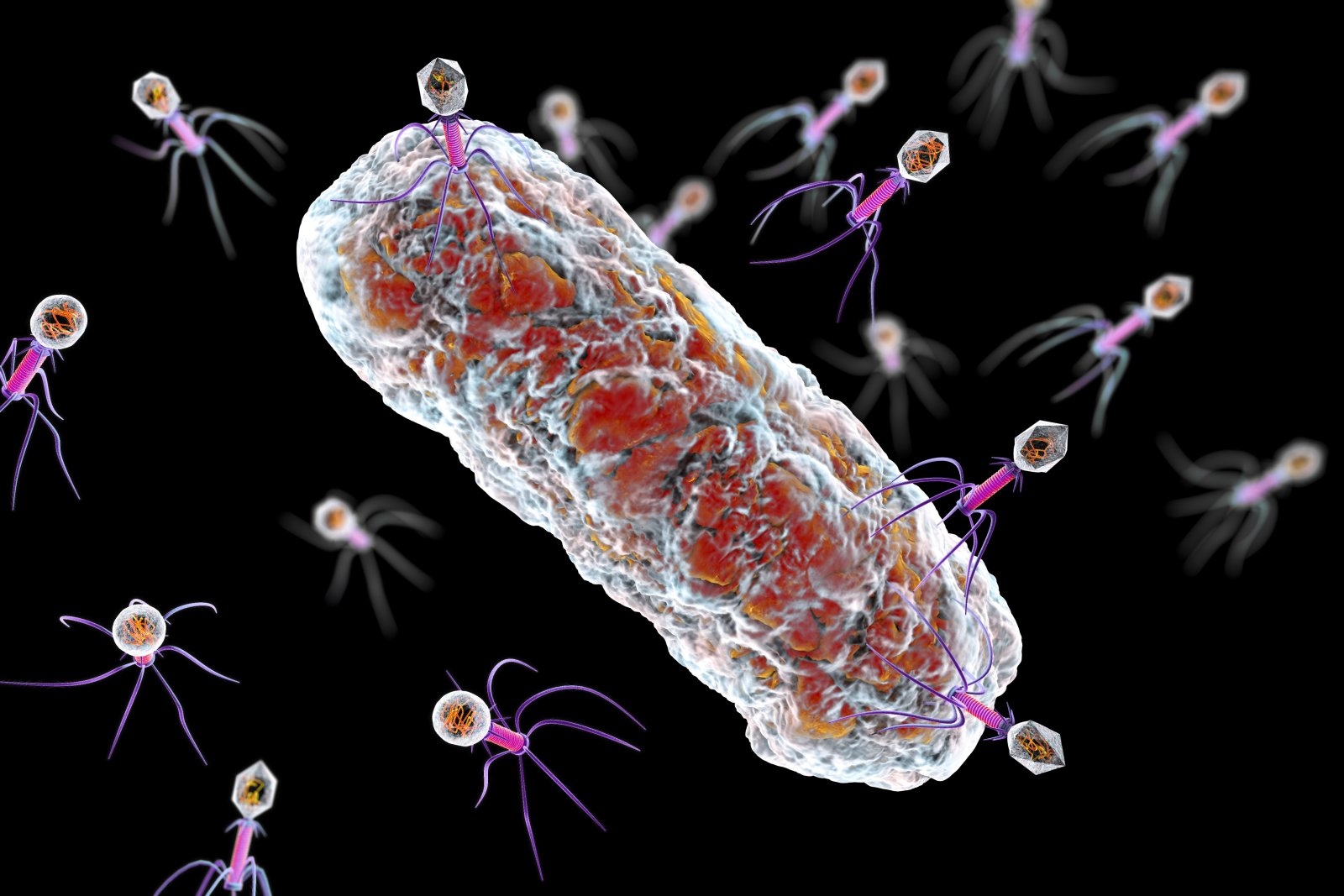Gene-modified viruses rescue patient from drug-resistant ‘superbug’
Doctors normally resort to bacteriophages (bacteria-killing viruses) to kill antibiotic-resistant “superbugs” only when they’ve run out of options, in part because it’s difficult to find the ideal example. It can take months or more just to find a viable candidate. However, they might have a faster solution — researchers have successfully used genetically modified viruses to treat a chronic, resistant infection in a teenage girl who otherwise faced a bleak prognosis following a lung transplant.
The team found three bacteriophages that could be useful (including one from a rotting eggplant) and modified them to maximize their ability to target and wipe out the bacteria strain. Once this was ready, they gave the teen twice-daily infusions as well as surface treatments on the skin lesions resulting from the infection.
The treatment didn’t amount to a cure, but it did have dramatic (and likely life-saving) results. The infection has nearly vanished, according to NPR, and the teen is now healthy enough to resume a mostly normal life — really, the main goal. There also weren’t side effects.
It could be a long while before you see this kind of treatment happening on a regular basis. There’s still more work to be done determining the efficacy of bacteriophages (gene-modified or otherwise) and whether or not they’re truly safe to use. However, this hints that gene tweaking could one day tackle a variety of stubborn infections, providing a second chance for people who’d otherwise be resigned to a grim fate.
(26)




